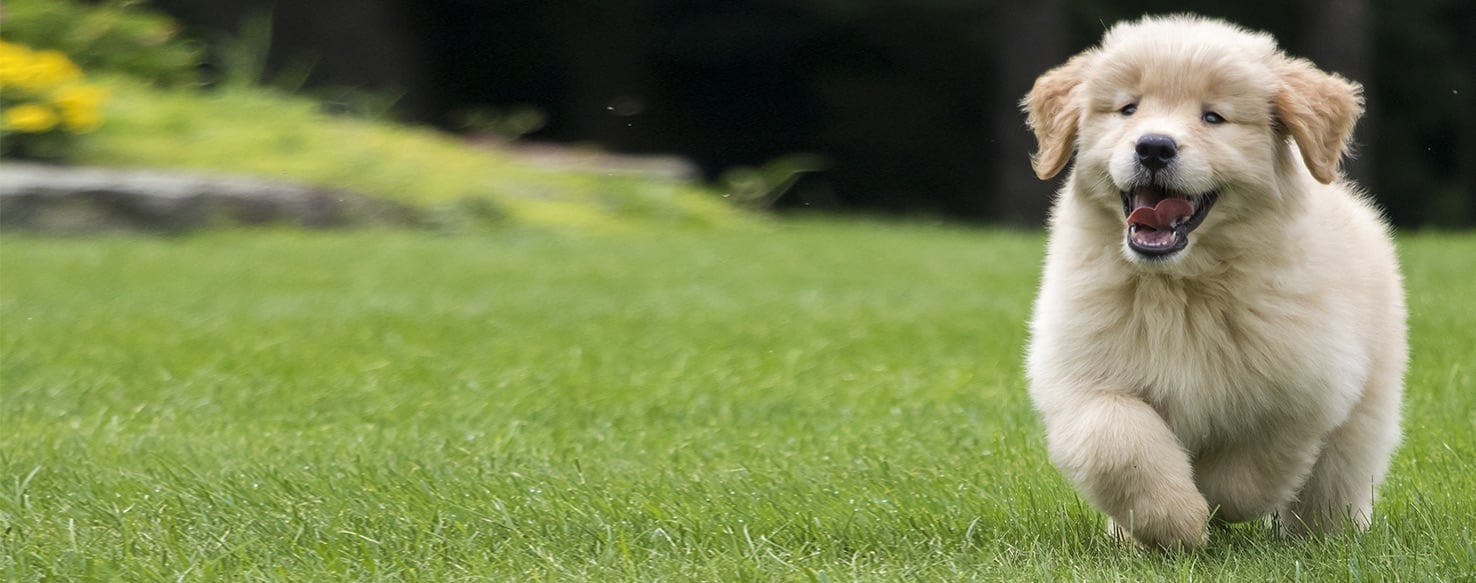- Home
- The Daily Wag!
- Behavior
- Why Do German Shepherds Eat Grass
Why Do German Shepherds Eat Grass

Common
Normal
Introduction
Your German Shepherd is a wonderful dog to have as your best friend. He’s mastered every trick you’ve taught him, he is loyal to you and your family, and he is tons of fun to play with. When you’re not in the yard with him, you’ve looked out and noticed he is grazing on the grass like a cow. Your dog just nibbles at the green grass and when you call him, he comes back inside, no problems at all. He simply picked up a side dish of greens with his dinner of kibble. Dogs eating grass is usually a safe behavior, but why is he doing it when he has flavorful kibble and table scraps nearby?
The Root of the Behavior
German Shepherds are one of the top ten dog breeds in the United States. They are great for families and they work well as service dogs for people who are blind, disabled, or as police dogs. Their intelligence makes them very trainable and learning keeps them busy. But if they are so intelligent, why are they eating grass? For humans, many doctors and nutritionists recommend vegetables like kale, spinach, chard, or other dark greens to get us nutrients important in our diet. Many people struggle to get these greens down, often saying they taste like grass. But some dogs enjoy eating grass.
Before dogs were domesticated, they roamed the wild and ate whatever came their way to survive. Dogs are omnivores, not carnivores. They often ate plants, including grass. German Shepherds are very active dogs and their energy needs to be fueled by the right foods. If your dog feels hungry and it is not dinner time, he might eat some grass in your yard. When your German Shepherd grazes in the yard, he is following his instinct and filling his tummy with a tasty treat. The grass contains nutrients such as fiber that is good for his diet.
One common thought is that eating grass helps your dog’s stomach and some dogs eat grass to throw up. This is true, but for the dogs who regularly eat grass, only 25 percent or less throw up afterward. For the dogs who are eating grass to induce vomiting, this practice could aid in digestion for problems such as gas or be pointing to a larger problem like intestinal worms. If a dog does not chew the grass thoroughly, the grass blades will irritate his stomach lining and most likely induce vomiting. A dog who is eating grass for enjoyment and taste will nibble and chew well, not scarf it down.
Need advice about your pet's health?
Get answers fast from a veterinary professional 24/7 in the Wag! App.
Get Vet ChatEncouraging the Behavior
If your dog is healthy and eating grass as a treat, he should be fine. He is using an old survival skill to fill himself up or he’s treating himself to a delicious salad of green grass. If he’s healthy and not displaying signs of distress, there shouldn’t be any serious problems and he can keep grazing. If your dog is constantly eating grass to throw up, take him to the vet. His diet might require different nutrients and he might not be digesting food as best as he could be. Your vet can recommend different food or a different feeding schedule for your dog based on his age and activity level.
Some dogs develop pica, which is a disorder when dogs eat inedible objects. Pica could lead your pup to eat hard to digest items, causing serious stomach problems. Keep an eye on your dog when your dog is grazing in the yard. If he starts eating items like tree bark or rocks, he probably has pica and should go to the vet. Using non-toxic products on your lawn is good. Your grass-eating dog will be ingesting whatever is on those green blades and you don’t want him ingesting poisonous chemicals. Even if he doesn’t eat the grass, his paws run through the blades of grass and dirt and will pick up what is on them.
Other Solutions and Considerations
If you think your dog might enjoy more plants in his diet, you can cook up some vegetables or feed him carrots. Dogs prefer cooked veggies over raw ones, but often enjoy raw carrots. Carrots are not only a tasty treat, but also help dogs release energy by chewing and carrots can clean the plaque off their teeth. Other plant-based foods that are good for German Shepherds include strawberries, asparagus, bell peppers, watermelon, pumpkin, and cucumber. Some greens that can be fed to your pup in limited amounts include kale, mustard greens, cabbage, celery, and spinach. Dogs can eat apples, but should not eat the core/pit. Avoid giving your dog onions, garlic, Swiss chard, tomatoes, and chives.
Conclusion
You may not have expected a lawn mowing dog when you brought your German Shepherd home, but you have one now. Monitor your grass-chewing dog for any health problems and take him to the vet if you think his diet needs to be changed. You might not know if the grass is greener on the other side, but your dog knows if it’s tasty or not.
Written by a Miniature Yorkie lover Stephanie Molkentin
Veterinary reviewed by:
Published: 04/06/2018, edited: 01/30/2020
More articles by Stephanie Molkentin
